Africa
South Africa’s President rejects Musk’s ‘white genocide’ claim
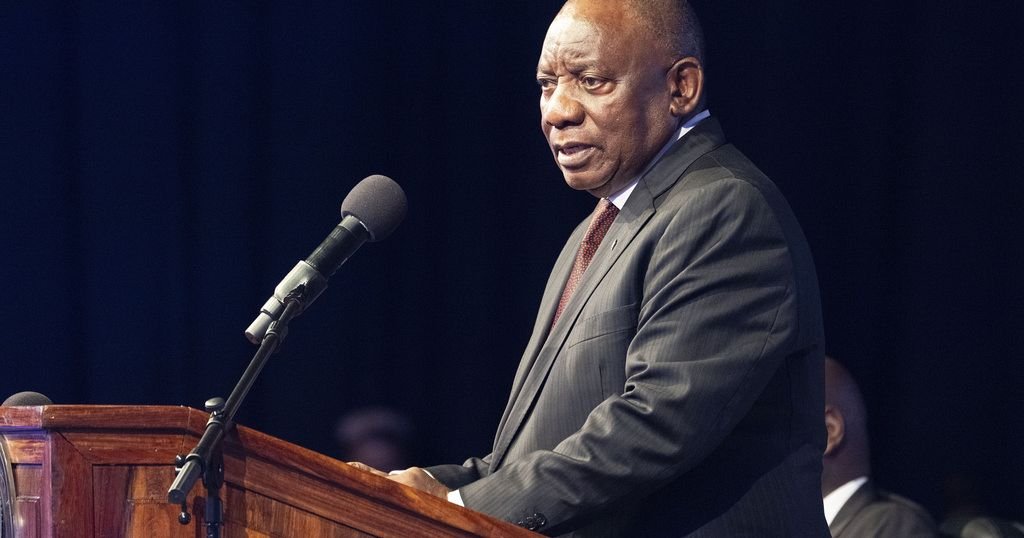
South African President Cyril Ramaphosa said Monday that the claim that white people are persecuted in his country is a “completely false narrative .” It was his latest attempt to push back against allegations by US President Donald Trump, Elon Musk, and some white minority groups in South Africa.
South African-born Elon Musk, who has regularly accused South Africa’s black-led government of being anti-white, repeated in a social media post this weekend that some political figures in the country are “actively promoting white genocide. “
In his weekly message to the nation, Mr Ramaphosa said South Africans “should not allow external events to divide us or pit us against each other”.
“In particular, we should challenge the completely false narrative that our country is a place where people of a certain race or culture are targeted for persecution.”
Mr. Ramaphosa did not name names, but his denial referred to allegations by Mr. Trump and others that South Africa is deliberately mistreating a white minority group known as Afrikaners by encouraging violent attacks on their farms and introducing legislation to seize their land.
These allegations were at the heart of an executive order issued by Mr. Trump last month, which cut funding to South Africa to punish the government while offering Afrikaners refugee status in the United States.
Afrikaners are descendants of Dutch and French settlers who arrived in South Africa over 300 years ago. They were at the heart of the apartheid government, which systematically oppressed non-whites, although South Africa largely succeeded in reconciling its many racial groups after the end of apartheid in 1994.
In his post on X, influential Trump adviser Musk cited a political rally last Friday in South Africa where Black leaders of a far-left opposition party sang a song with the lyrics: “Kill the Boer, the farmer .” Boer is a word for an Afrikaner.
“Very few people know that there is a major political party in South Africa that actively promotes white genocide,” Musk wrote. He added a link to a video of the rally.
Secretary of State Marco Rubio wrote on X late Monday that the song “is a chant that incites violence. South African leaders and politicians must take steps to protect Afrikaners and other disadvantaged minorities. The United States is proud to offer these people who qualify for admission to our country, despite this horrific threat of violence that continues. “
The party in question, the Economic Freedom Fighters, is the fourth largest in parliament and a political opponent of Mr. Ramaphosa’s African National Congress. It won 9.5% of the vote in last year’s national elections. It has faced scrutiny for previously stoking racial tensions and for singing the song, which was used during apartheid as a call to fight government oppression.
The song’s current use has been criticized by some in South Africa, including other political parties, and a group representing Afrikaners has challenged its use in court. More than a decade ago, the song was deemed hate speech and banned by a court.
But it was the subject of several other legal proceedings before a 2022 ruling found it was not hate speech and was protected by freedom of expression because there was no evidence it incited violence. The EFF says it is a historical chant that should not be taken literally and has sometimes changed the lyrics to “kiss the Boer. “
Since Mr. Trump’s executive order, the South African government has sought to dispel what it says is misinformation about white farmers, who are sometimes victims of violent attacks in their homes. The government has condemned the attacks, but experts say there is no evidence that white people are being widely targeted and that they are, in fact, part of South Africa’s extremely high crime rate, which affects all races.
The Afrikaner group claims that police have sometimes undercounted farm homicides in official statistics. It recently said it had figures showing there were eight farm homicides in the three months between October and December last year, while police recorded only one.
According to police statistics, there were a total of 6,953 homicides in South Africa during the same period.
Africa
Dangote submits paperwork to build “biggest, deepest” port in Nigeria
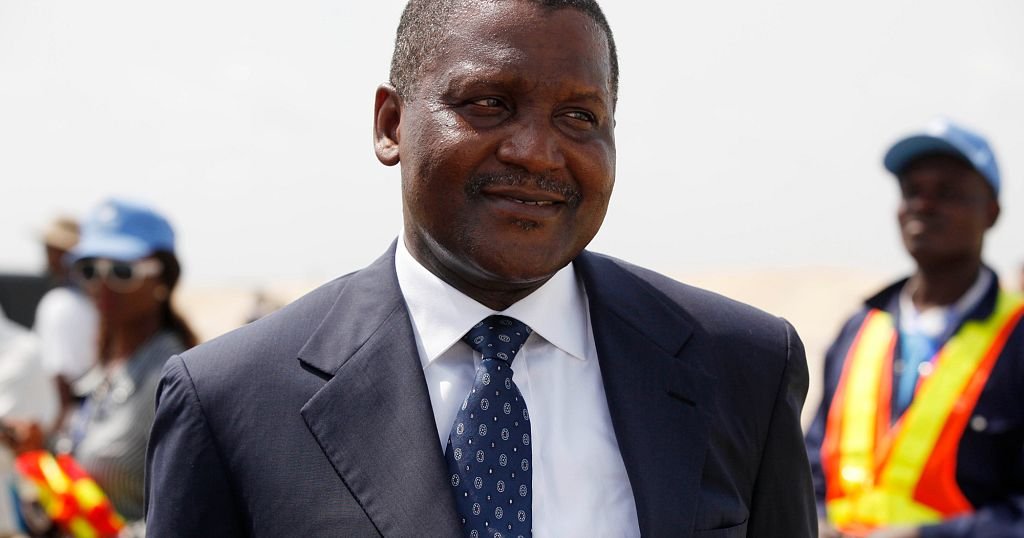
Fertiliser, oil, liquefied natural gas, cement… The Dangote conglomerate, a group owned by Africa’s richest man, Aliko Dangote, is active in a range of industries.
Exporting its many products is key for the group – and now, plans for a new port could help with that.
Dangote reportedly submitted a construction proposal for a seaport located in Ogun state in southwestern Nigeria to the regional authorities in late June.
The project could be the biggest and deepest port in Nigeria. According to the proposal, the port would be constructed in the Olokola Free Trade Zone, a project initially abandoned by Dangote over unresolved issues with the previous local administration.
The port’s planned location is around 100 km away from key Dangote fertilizer and petrochemical plants in Lagos. Initially, these plants were supposed to also be located in the Free Trade Zone in Ogun state, but the stalled negotiations between the conglomerate and the state’s previous administration led to plants eventually being built near Lagos.
It is for now unclear whether the proposal for the new port has been accepted.
Africa
Islamic preachers in Burkina Faso rally against social media hate
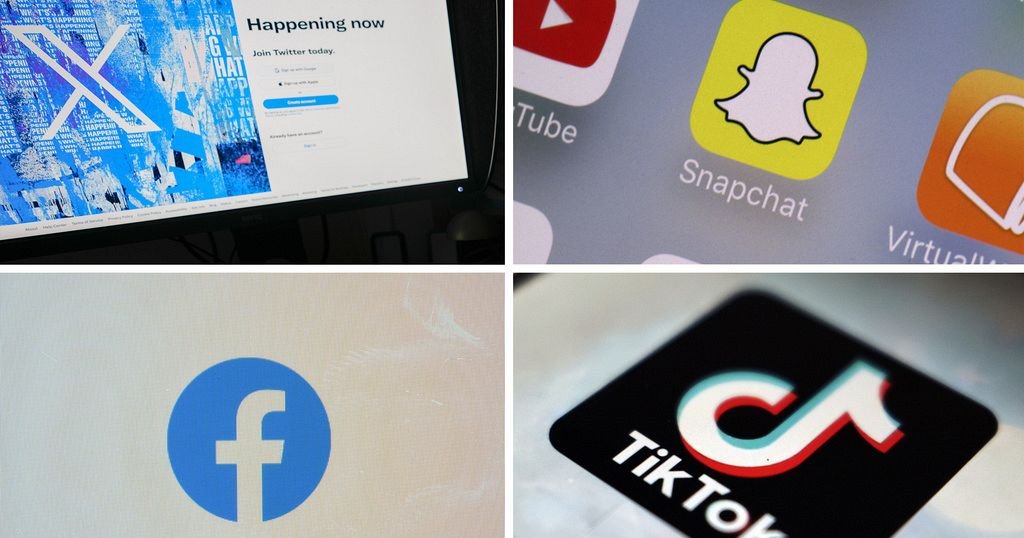
Nearly 250 imams and Islamic preachers joined a national awareness session against online hate speech Saturday and Sunday, following a surge in extremist violence in Burkina Faso.
At the workshop hosted by Burkina Faso’s Federation of Islamic Associations (FAIB), attendees were handed a guide on public speaking for preachers which forbids the use of Islamic discourse to disturb stability, including insulting and violent rhetoric, RFI reported.
”We encourage Muslim youth to use social media responsibly and are committed to strengthening the ongoing training of imams and preachers on digital issues and religious communication”, the federation said on Facebook following the workshop.
Failure to comply with the new code of conduct online may result in disciplinary or even criminal sanctions: including a ban of up to two years from preaching, RFI reported.
In October, a video emerged of a preacher urging his supporters to attack members of another Muslim congregation. The incident made FAIB sound the alarm on the ”emergence of dangerous deviations in religious discourse”, according to RFI.
The growing number of social media users in Africa is a “double-edged sword”, according to a UNDP report, due to its utility for violent actors to “market extremist ideas and spread terror to different audiences around the world”.
Social media platforms can facilitate radicalisation by promoting content with emotional appeal that taps into the grievances of users and reinforces their frustrations, according to the report.
The proliferation of religious hate speech online is concerning amid a surge in violent extremism in Burkina Faso. Terrorism-related deaths in the Sahel region have soared past 6,000 for three consecutive years, making up more than half of all global fatalities, said UN Deputy Secretary-General Amina Mohammed in January.
In this time, Burkina Faso has seen a 68% increase in terrorism fatalities, making it the leading country in the world for terrorism deaths, according to UN figures.
Africa
Togo’s security forces cast early votes ahead of high-stakes municipal elections
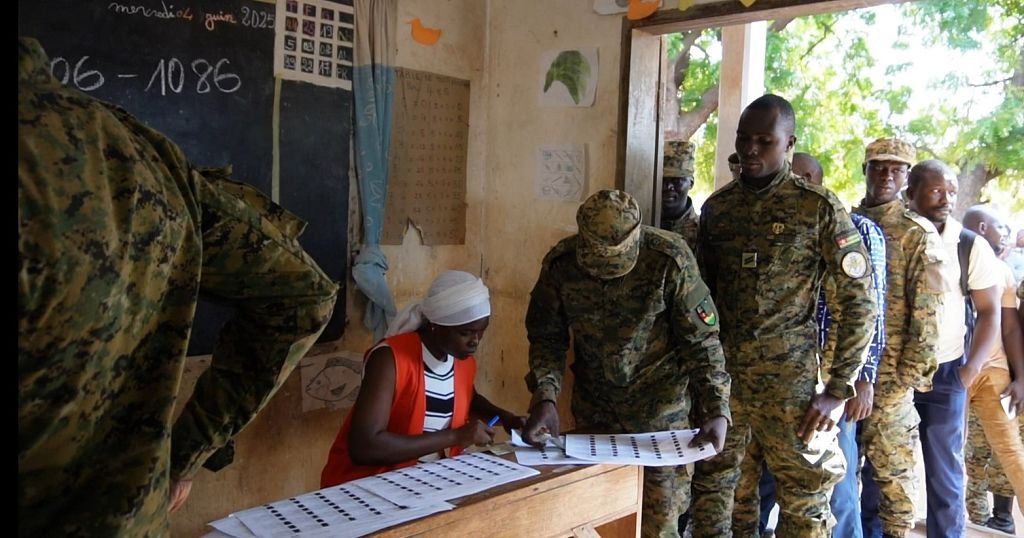
The atmosphere was calm and disciplined on Monday, July 14, 2025, in Lomé, as Togo’s security and defense forces, including paramilitary units and members of the operational reserve, cast their ballots in early voting ahead of the municipal elections. This special vote was organized to allow them to fulfill their civic duty while remaining available to ensure the security of the general election scheduled for July 17.
At the polling station, the voting process went smoothly in a strictly orderly environment.
“There hasn’t been a single incident. So far, everything is going well, and they are voting calmly,” said Poutouli Pisseyem, the polling station president. “They follow all our instructions,” he added.
This early vote marks the official kickoff of a highly anticipated municipal election, watched closely by both the political class and a public caught between hope and caution. On the ground, the campaign is in full swing. Political parties and independent candidates are making rounds to win over voters. Supporters of the ruling party, UNIR, are focused on consolidating progress.
“Go vote, vote for UNIR, because we need continuity in the work already being done,” said Geneviève Amégnaglo, a local UNIR delegate.
On the opposition side, some leaders insist on maintaining their presence despite boycott calls from parts of civil society.
“To improve living conditions, the opposition must take part and show what it’s capable of,” said opposition leader Jean-Pierre Fabre.
Still, the apparent calm masks underlying tensions. Civil society groups have called for days of mourning on July 14 and 15, while web activists from the M66 movement have announced protests for July 16 and 17, the day of the vote.
With just hours left before polls open for the general public, the streets are watching, uncertain. Togo’s democracy is facing another major test, under close watch.
-
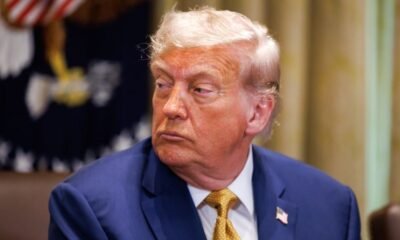
 Europe5 days ago
Europe5 days agoWhat will happen now that Trump has turned on Putin?
-
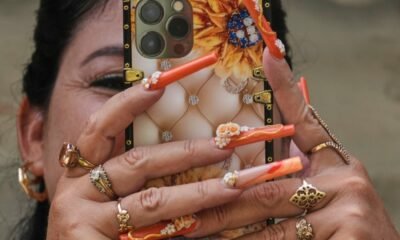
 Lifestyle5 days ago
Lifestyle5 days agoPhotos of Cuban women with long decorated nails
-

 Sports5 days ago
Sports5 days agoBill Ackman: Swift backlash after billionaire’s pro debut
-
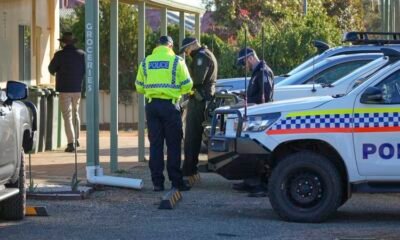
 Europe4 days ago
Europe4 days agoGerman tourist found alive 12 days after she was lost in the Australian Outback
-

 Lifestyle4 days ago
Lifestyle4 days agoOne Tech Tip: All the ways to unsubscribe, after ‘click-to-cancel’ was blocked
-

 Lifestyle5 days ago
Lifestyle5 days agoCuban women spend on extravagant nail art
-
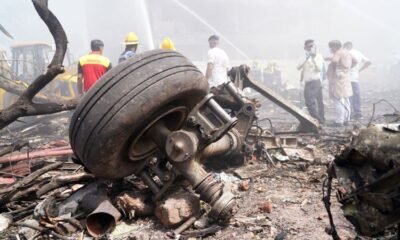
 Asia4 days ago
Asia4 days agoAir India crash: Engine fuel supply was cut just before Air India jet crash, preliminary report says
-
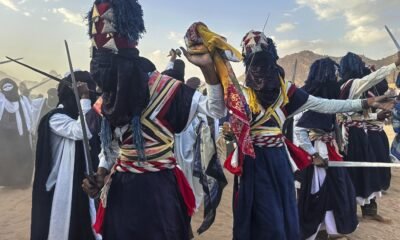
 Lifestyle5 days ago
Lifestyle5 days agoSebeiba festival in Algeria carries on ancient tradition




